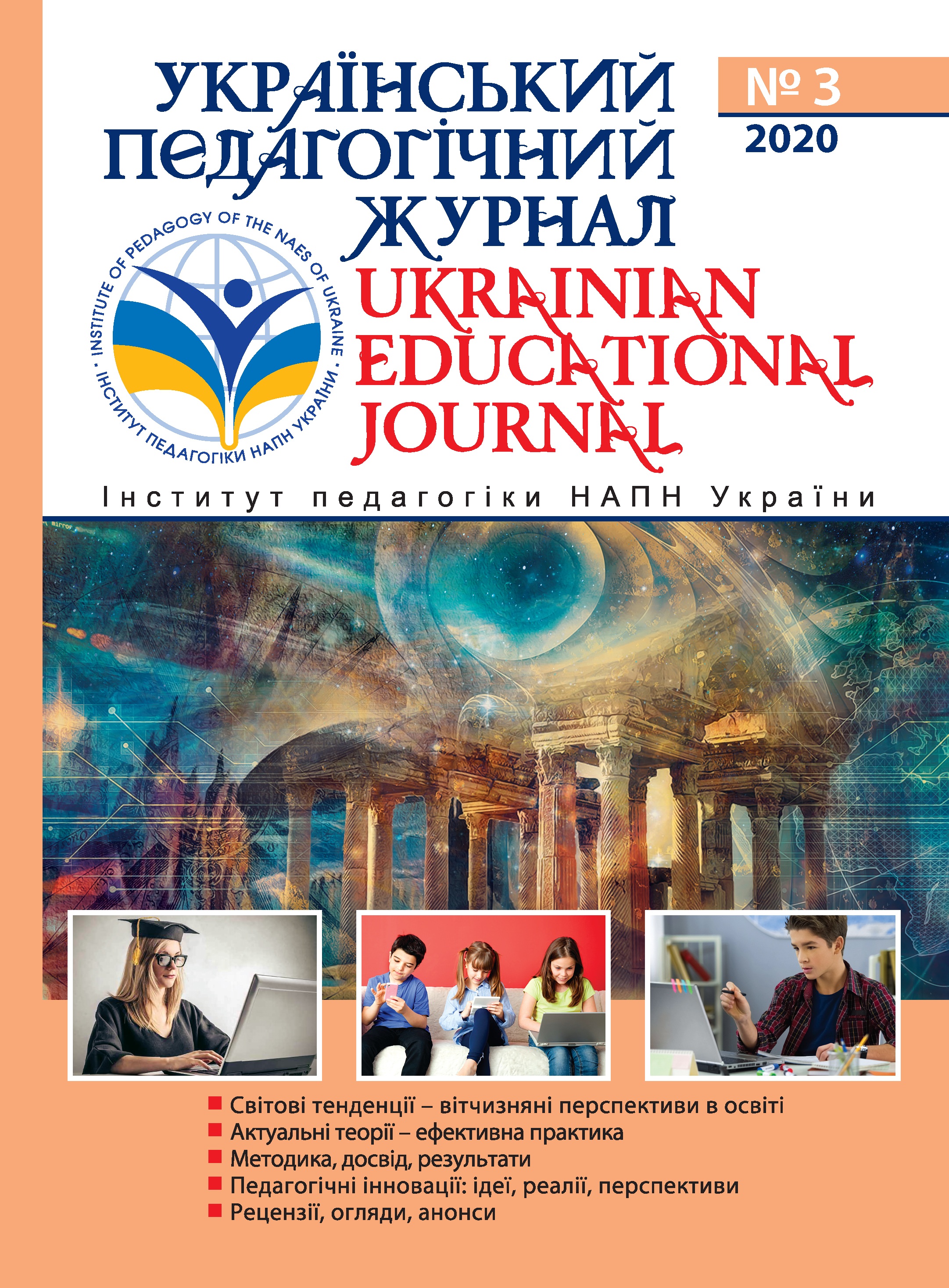Анотація
Пандемія COVID-19, яка охопила світ у 2020 р., завдала удару по системах освіти країн. Фактично вона спричинила трансформацію усталеного формату організації навчання на всіх рівнях освіти й актуалізувала пошук країнами варіантів відповідей для протидії COVID-19. Внесок у пошук відповідей зробили і ключові міжнародні організації, що виступили як агенти згуртування освітянської спільноти й запропонували та імплементували універсальні інструменти організації навчання в умовах коронавірусної кризи. Проведено аналіз опублікованих матеріалів міжнародних організацій (ЮНЕСКО, ОЕСР, ЄС, Світовий банк та ін.), неурядових організацій (The National Center on Education and the Economy (NCEE), National Conference of State Legislatures (NCSL)), праць науковців протягом лютого – травня 2020 р. Зроблено висновок, що багато країн запровадили комплексний підхід до організації навчального процесу в умовах пандемії COVID-19, поєднуючи онлайн-навчання з іншими традиційними інструментами. Важливою складовою реакції країн на COVID-19 в освіті стало виділення цільового фінансування на придбання й забезпечення комп’ютерами і цифровими пристроями та доступом до Інтернету здобувачів освіти, передусім із малозабезпечених сімей. Не менш важливими є пряма фінансова підтримка малозабезпечених сімей урядами і співпраця з батьками.

Ця робота ліцензується відповідно до Creative Commons Attribution 4.0 International License.

